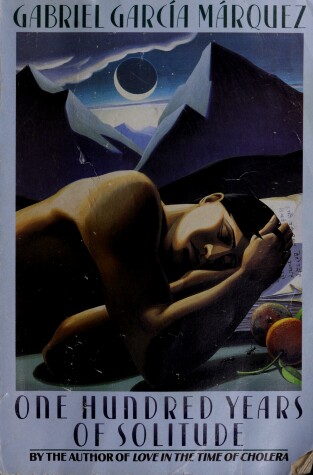International Writers S.
4 total works
As a blizzard of warehouses and amusement parlours and slums descends on the small town of Macondo, the inhabitants reel at the accompanying stench of rubbish that makes their home unrecognisable. When the banana company leaves town as fast as it arrived, all they are left with is a void of decay. Living in this devastated and soulless wasteland is one last honourable man, the Colonel, who is determined to fulfil a longstanding promise, no matter how unpalatable it may be. With the death of the detested Doctor, he must provide an honourable burial - and incur the wrath of the rest of Macondo, who would rather see the Doctor rot, forgotten and unattended.
In the book which put South America on the literary map, Marquez tells the haunting story of a community lost in the depths of that almighty continent where time passes slowly. A poetic masterpiece whose rich and powerful language easily survives the translation from Spanish, this is the most celebrated text of magic realism, the literary movement which has dominated world fiction for the last thirty years.
Fridays are different. Every other day of the week, the Colonel and his ailing wife fight a constant battle against poverty and monotony, scraping together the dregs of their savings for the food and medicine that keeps them alive. But on Fridays the postman comes - and that sets a fleeting wave of hope rushing through the General's ageing heart. For fifteen years he's watched the mail launch come into harbour, hoping he'll be handed an envelope containing the army pension promised to him all those years ago. Whilst he waits for the cheque, his hopes are pinned on his prize bird and the upcoming cockfighting season. But until then the bird - like the Colonel and his wife - must somehow be fed.
When a young man is shot in a small South American village, it heralds the start of a series of sudden tragedies - of floods and ugly lampoons, which remind the villagers of the decomposition of their social order. This is an evocation of corruption, both political and individual.

